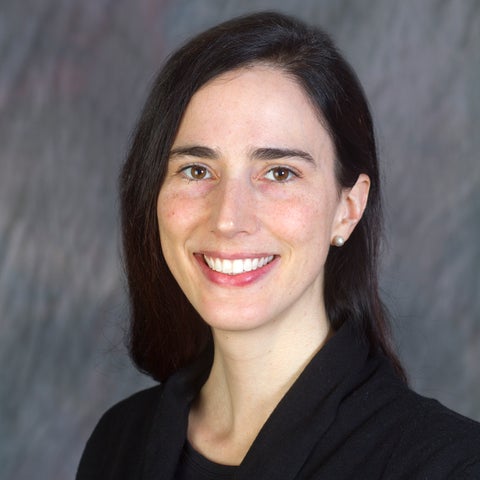Do the math: seven student and professor co-authored publications since 2013 is a solid figure.
Those have come from the “Mathematical Biology Research Group” at Emmanuel College, consisting of Mathematics Department Chair Ben Allen, Professor Yulia Dementieva, Associate Professor Christine Sample and their student researchers, who have focused the work on their specializations in mathematical applications of biology.
“I don’t know of any other small school that has a powerhouse mathematical bio team,” said Allen.
With the help of six Emmanuel students – current and recent graduates – they were published in PNAS Nexus at the end of March, an open access journal dedicated to publishing research across math and the sciences. The paper, titled “Nonlinear social evolution and the emergence of collective action,” explores the role of collectives – groups of organisms that work together towards survival or well-being – and how collectives’ actions are shaped by natural selection.
Dr. Allen, a mathematician who studies evolution, said the most recent publication is a testament to the quality of the department. “We’ve been able to keep up an equal level of research with colleagues at other venues. [It shows] the strength of our educational prowess and consistency in research.”
For the recent paper, the group worked to build a mathematical framework that represents collective behaviors and compares them with real-world examples.
One such example are “sociable weavers,” a species of bird commonly found in South Africa. As a “collective” the birds build and maintain large communal nests that serve as apartment buildings, housing dozens of birds in each one and spanning generations, Allen explained.
Projects like these that require many sets of hands for computation and problem solving have opened the door for Emmanuel students to get involved. Almost half of the math and biostatistics majors who have graduated in the past six years were able to participate in on campus research, according to Dr. Sample.


